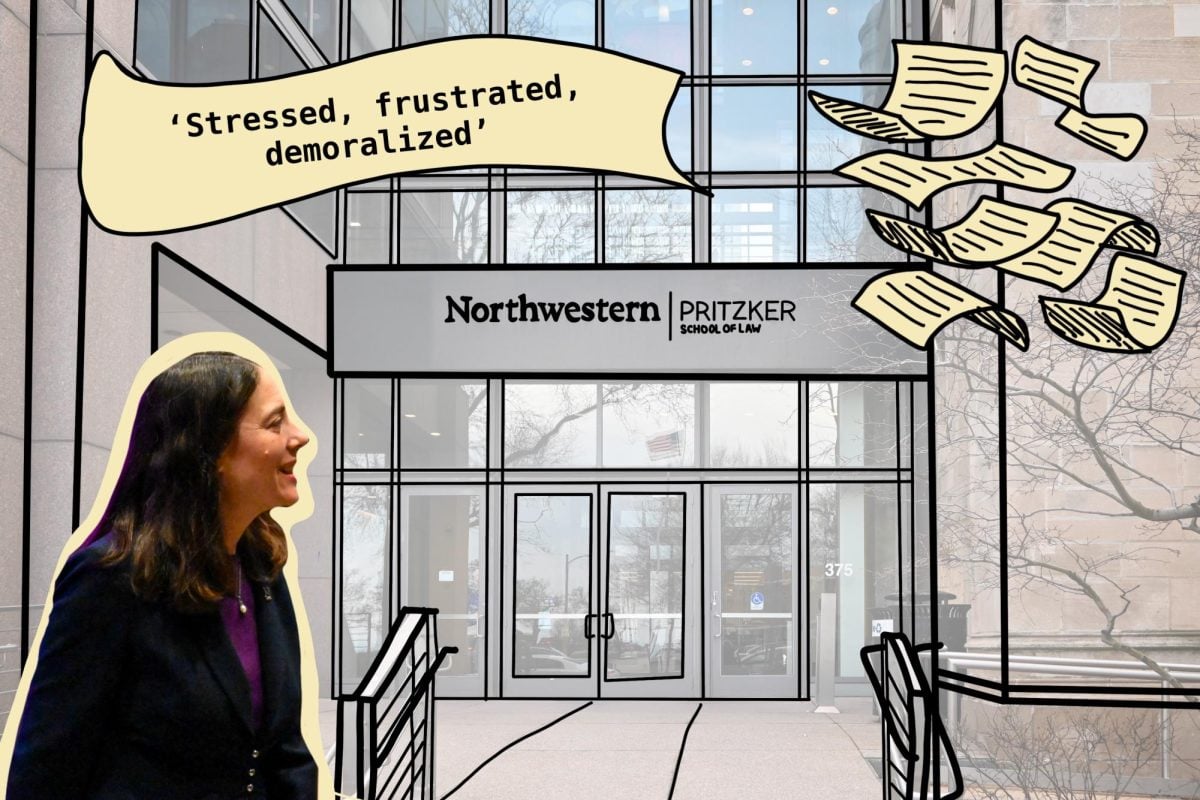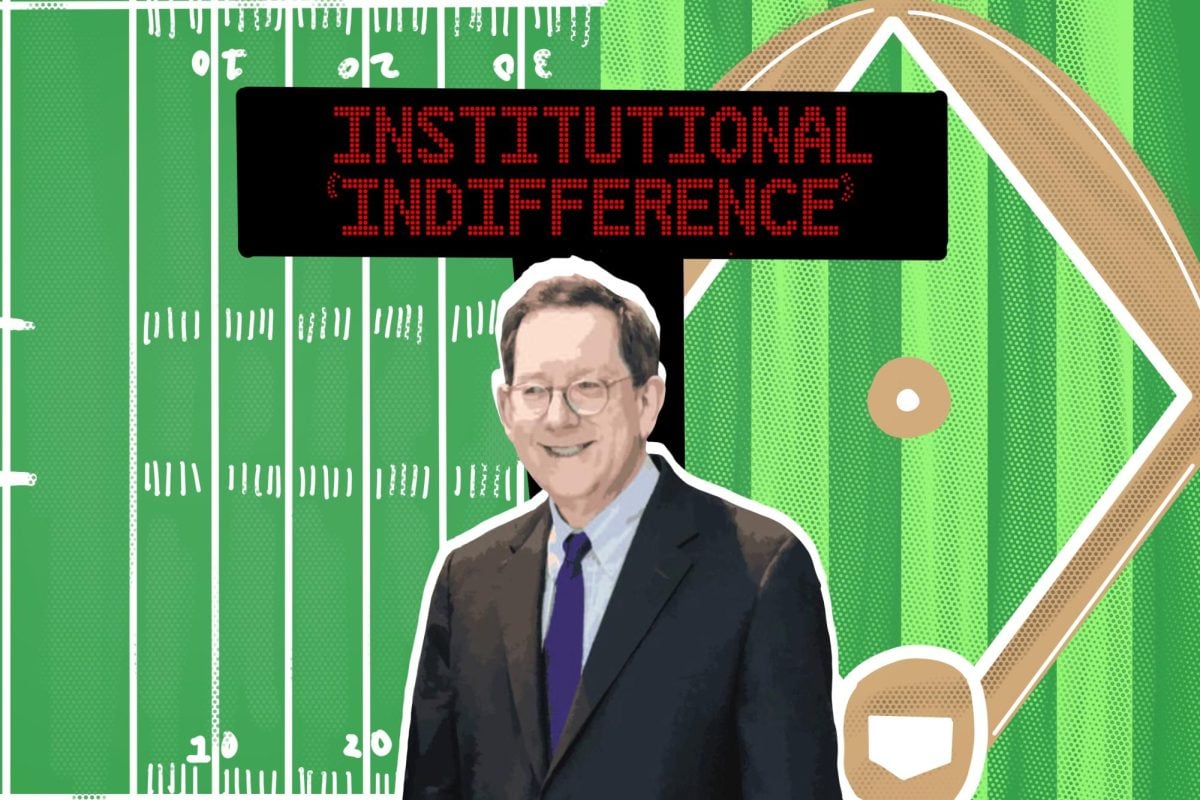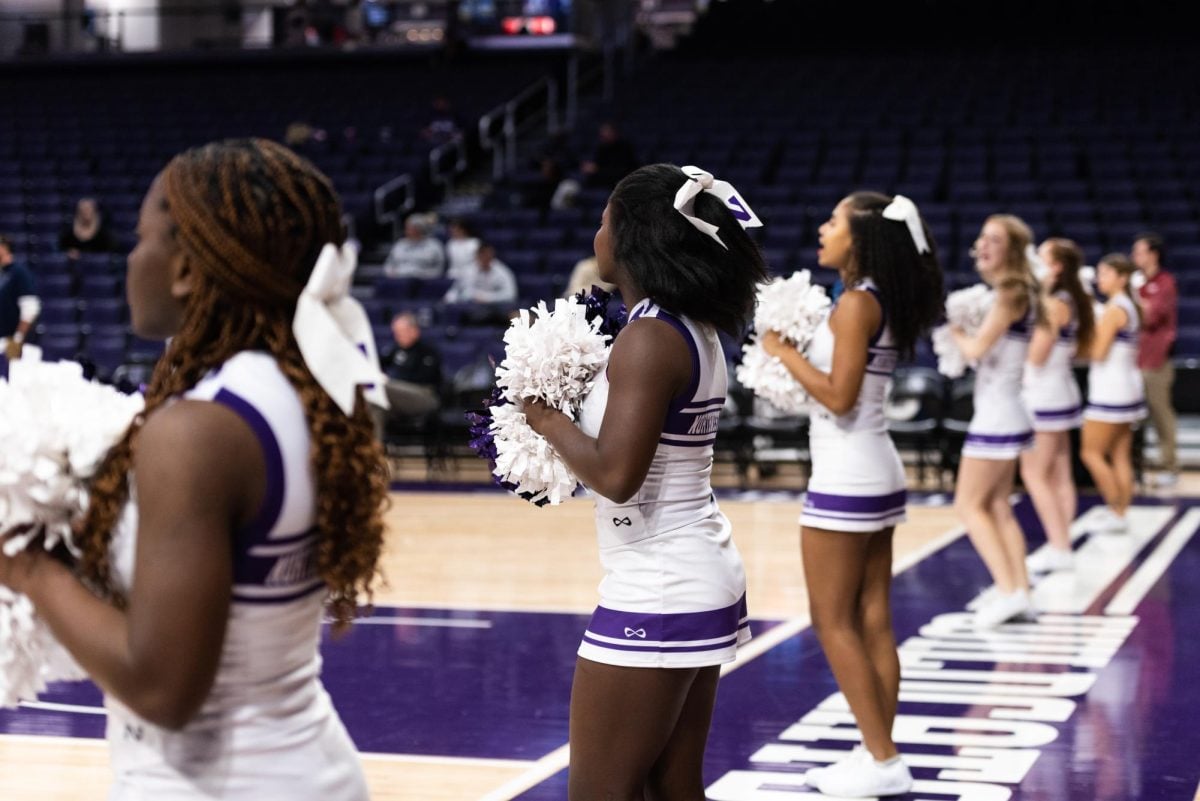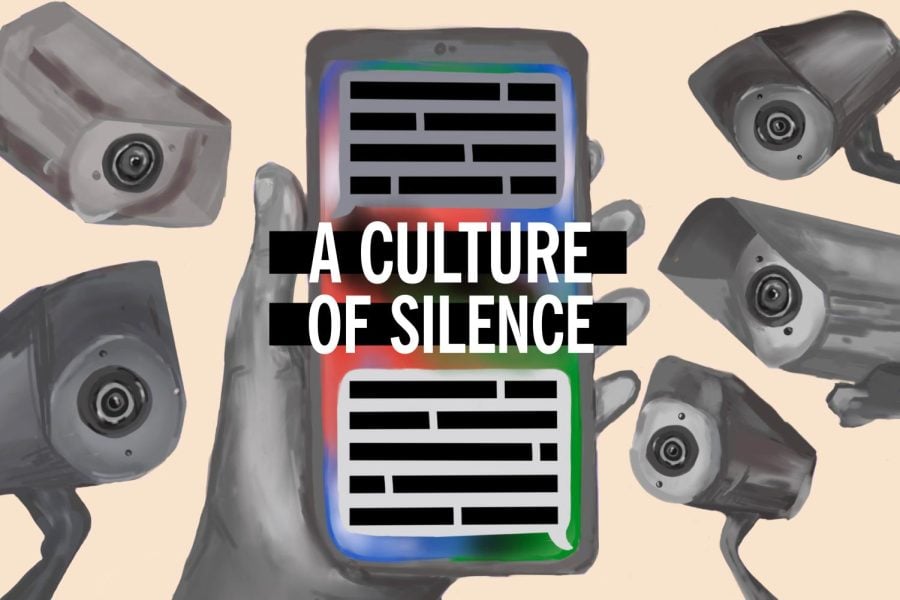More than 700 Northwestern students studied abroad last year. They formed long-lasting bonds with host families. They enjoyed exceptional research opportunities. They fully immersed themselves in unique and diverse cultures.
And they apparently drank, too. A lot.
At least that’s according to an October report by University of Washington graduate student Eric Pedersen, who discovered that his campus’ study abroad students, on average, more than doubled their usual alcohol intake while overseas. Though NU students interviewed for this story agreed that their drinking habits noticeably increased overseas, for the most part they kept their international boozing in check.
To Weinberg junior Josh Brechner, who is currently studying abroad in Seville, Spain, the fallacy of applying Pedersen’s findings across the board is obvious.
“Yes, there are some extreme cases, but hold off on making a big commotion,” he wrote in an e-mail.
Extrapolating Pedersen’s results to NU is a troublesome assumption – one that dabbles in a sensitive topic mystified by gray areas – that University administrators are also hesitant to accept. Bill Anthony, director of the NU study abroad office, prefers to offer students the benefit of the doubt.
“I think NU students are serious students and socially engaged,” he said. “The way they take part in study abroad may well be different from students from – pick a university or college.”
His office is explicit in its stance on alcohol indulgence overseas: Avoid it at all costs. This academic year’s pre-departure handbook encourages outbound students to “use good judgment” in consuming alcohol and be aware that heavy drinking “is also seen as extremely culturally inappropriate in many places.” Even more clear-cut is the study abroad office’s official code of conduct, which states that “excessive and irresponsible drinking leading to intoxication” is proper grounds for “immediate disciplinary action” and possible expulsion from the academic program.
Regardless of this straightforward policy, Dean of Students Burgwell Howard is “not 100 percent” in agreement with Anthony in that NU students may be above the fray of foreign vice. He said he suspects some students “fall right in line with that study.”
“I don’t think we’re immune to it,” Howard said. “It’s something we really need to be concerned about.”
‘I’m going to let loose’
Among past and current study abroad students, the consensus was nearly unanimous: Drinking habits don’t drastically intensify overseas, but when they do, it’s not with an end goal of rowdy intoxication. Instead, countries with relaxed alcohol laws tend to have more moderate drinking cultures, Brechner said.
He approximated that a “typical night” consists of downing “more or less a drink per hour” from 10 p.m. until 3 a.m. after finishing a liter of beer at an early evening “botellón,” an outdoor drinking event.
“What’s probably at play here is the number of days per week when alcohol is consumed,” Brechner said. “We’ll go out maybe five nights a week here, compared to drinking max three nights a week when classes are in session back at NU.”
Weinberg sophomore Danielle David, who studied Spanish and political history in Barcelona over the summer, said cultural factors upped her drinking habits “slightly.” She consistently enjoyed glasses of wine accompanying meals, resulting in a more “social way” of alcohol consumption that didn’t revolve around cramming binge-like quantities into a single night.
Kana Yoo, a Weinberg senior who studied in New Zealand last fall, recognized a lower drinking age and greater accessibility to alcohol seldom affected her nightly choices. Despite an on-campus bar and free-flowing beer at dormitory mixers, she estimated that her drinking patterns “didn’t change too much.”
“I don’t think there was a huge difference,” Yoo said.
Yet adapting to social norms does not always mellow newfound thirst, Howard said. While he believes most students behave “befittingly” overseas, he explained that there is such a thing as being too culturally immersed.
“It’s easy to fall into the trap of someone who drinks socially on weekends at NU going to the pub daily with classmates in the UK,” Howard said.
Still, while NU travelers may not be the perpetrators of booze-fueled debauchery abroad, they have observed their fair share of worrisome behavior among their on-site peers. Brechner reminisced on the “misfortune” of an American from another program who guzzled eight shots in a row.
The ensuing evening, he said, was predictably chaotic.
“(He) was pawing at Spanish girls, trying to pick fights with his friends, nearly peed on an ancient Muslim tower and later took off his shirt in a small club,” Brechner wrote in an e-mail.
Furthermore, Yoo attended classes with students who demonstrated the sometimes unglamorous consequences of having one too many. At the Undie 500, an annual bar-hopping car rally, her on-site friends were pepper-sprayed by local authorities, presumably at after-party festivities, which are notorious for public depravity.
Yoo attributed her classmates’ unruliness to a less intense class schedule and a local atmosphere encouraging bubbly spirits in good company.
“You think of it as, ‘This is my study abroad experience. I’m going to let loose,'” Yoo said. “And I guess that can apply to different areas, including alcohol.”
Self-fulfilling prophecy
Pedersen offers one possible explanation for spikes in alcohol intake abroad: inaccurate expectations. Based on his sample, students’ pre-departure perceptions impact their drinking habits once they are on site. In other words, an outbound traveler anticipating a alcohol-heavy experience will strive to fulfill that presumption.
In February, NU’s Alcohol and Other Drug Services department conducted an online survey regarding on-campus substance use to which more than 1,200 undergraduates responded. Ninety-nine percent had agreed with the claim that their peers had “used alcohol in the past month.” In reality, only 77 percent of survey participants had consumed alcohol in that time frame.
Yet Susan Cushman, NU’s alcohol and other drug prevention coordinator, imagines the perception gap is not exclusive to NU.
“It definitely can translate to study abroad situations,” she said.
New members of a social community – in this case, NU students in a foreign location – often “adjust their behavior to fit what they think is expected of them,” she added.
Ramped-up drinking in unfamiliar groups, however, can be a pricklier situation, Cushman explained. Traveling students’ drinking habits are typically interpreted as “normative” on first sight, and onlookers are far less likely to voice their concern as consumption spirals out of control.
“They think, ‘That guy is drinking how he always drinks,'” she said. “It’s not as easy for them to question the high-risk heavy drinking.”
Current study abroad students acknowledge the negative stereotypes causing these misconceptions. Brechner described Spaniards as “cautious drinkers” but not too keen on their unruly American visitors.
“Very rarely will you see visibly drunk Spanish students,” he wrote in an e-mail, “and I have heard multiple Spaniards express distaste for the Brits – and also the Americans, I’m sure – that come here and go nuts.”
It is at this notorious intersection of expectation and reality that Cushman hopes to debunk dangerous false perceptions. She said her office works with Lisa Currie, NU’s director of heath promotion and wellness, to coordinate pre-departure orientations, “helping to manage student expectations around the drinking culture in their host country.”
Typically, substance abuse prevention instruction is integrated into larger information sessions, which occur once prior to and at the beginning of the on-site quarter. But Anthony admits th
e inherent disadvantage of spacing such student briefings far in advance of actual departure dates. For example, pre-departure orientation is usually scheduled in late April or early May for students traveling to the southern hemisphere over the summer or the northern hemisphere in the fall.
“To get that information to students when they actually need it – it’s a challenge,” Anthony said. “Could we do better? Well, we try to do better in everything we do.”
In comparison, the University of Chicago conducts two separate pre-departure meetings, one in which alcohol is explicitly addressed, according to a spokesman in the study abroad office.
NU study abroad students assert the real issue isn’t when they are informed of the risks of drinking overseas – it’s if they’ve even been educated in the first place. Medill junior Jonah Newman, a former Daily staffer who is studying in Morocco, recalled that the study abroad office emphasized the “difficulties that can arise when trying to integrate into a different culture” but never specifically mentioned alcohol intake.
“If you’re asking whether NU did a good job of preparing us for different drinking cultures, I think the answer is no,” he said.
Anthony estimates that fidgety outgoing students will only allow him two hours to “talk about a variety of issues that are important.”
It’s a tricky balance of adequate education and engagement that Cushman hopes to strike someday. Despite maintaining her position for less than a year after leaving a similar post at Loyola University Chicago, she’s already considering new methods of sharing the same old adages.
“I know that we’re going to look at ways we’re going to work together … and build on what we have,” Cushman said.
Cautionary tales and counting conflict
Despite lackluster preventative education, recurring cases of overindulgent students aren’t exactly piling up on her second-floor desk at Searle Hall, Cushman said. Any significant conflicts stemming from alcoholic excess are immediately relayed from the site director to the on-campus study abroad office, Anthony added. Emergency communication with third-party programs is a little less expedient, but nonetheless “a quick loop” of contact back to the appropriate administrator ensues.
If an alcohol-related incident requires medical attention, it is treated as a mental health issue under HTH Worldwide’s International Assistance, Emergency Evacuation and Repatriation Accident and Sickness Insurance policy. NU mandates that all students purchase the zero-deductible, $250,000 plan before departing for their host country.
In the 15 years NU has utilized HTH’s coverage, Director of Risk Management Chris Johnson said he has handled no claims involving booze-centric injury. But that doesn’t mean occasional accounts of bibulous conduct while studying abroad haven’t trickled into his mailbox.
“We’ve certainly had some binges overseas,” he said. “We’d be kidding ourselves if we didn’t think students would behave in foreign locations as they do on campus.”
Anthony’s most recent recollection of any grave incidents occurred 12 years ago, when a reportedly inebriated female student stumbled out of a Spanish bar and into a taxicab, where she was “put in an awkward position” by a fellow rider. The NU pupil was in too incoherent of a state to adequately alert the driver in proper Spanish, he said.
Thankfully, Anthony explained, the potential attacker fled the taxicab as it approached the foreign student dormitory and its graveyard-shift security guard. After immediate correspondence with the Women’s Center, it was concluded that no acts of rape were committed throughout the ordeal.
“It was just one of those cautionary tales where you understand the pickles you can get yourself into,” Anthony said.
But establishing causation between amped-up drinking overseas and dangerous anecdotes is nonetheless a faulty leap of logic, said Pedersen, the study author.
The Forum on Education Abroad’s Incident Database Pilot Project aims to examine that issue. Based on student data collected between August 2009 and February 2010 from 30 colleges and universities, the organization compiled a preliminary report quantitating varying types of study abroad incidents. These acute conflicts range from sexual harassment to personal injury to robbery or theft.
Of the 211 total cases reported on the survey, 30 students indicated “alcohol” as a contributing factor for their incident. Only “poor judgment” netted more votes as a likely cause, with 64 students marking it down as an incident catalyst. In addition, “extreme intoxication – alcohol” was the third leading type of behavioral/psychological event reported, trailing behind “acute anxiety” and “acute depression.”
Localizing the international report’s conclusions, though, is nearly impossible, Anthony said. He added he “has absolutely no way to gauge” whether study abroad students’ drinking habits are plummeting, remaining consistent or skyrocketing in a host country. What he agrees he can do is continue to stress the momentousness of faithfully representing their home campus overseas.
“That’s our hope,” Anthony said. “That students will listen to what we say, however as long as we say it.”







